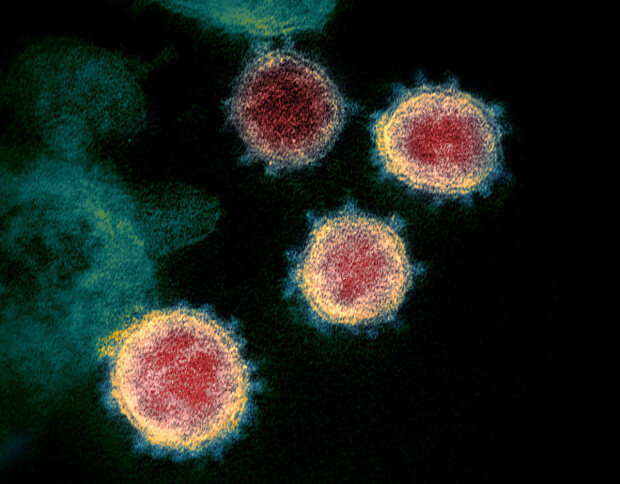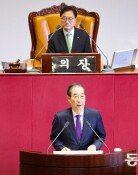13 infectious diseases sharply increase across the world
13 infectious diseases sharply increase across the world
Posted June. 17, 2024 07:55,
Updated June. 17, 2024 07:55

Research results indicate that people worldwide have been contracting infectious diseases more frequently since the COVID-19 pandemic. Bloomberg reported on Sunday that British medical research company Airfinity analyzed data from public health and medical institutions globally and found that at least 13 infectious diseases have surged rapidly since the onset of the COVID-19 pandemic.
According to the US Centers for Disease Control and Prevention (CDC), the number of flu infection cases between October 2021 and September 2023 increased by about 40% compared to the same period between 2019 and 2021. Additionally, from January to April this year, the number of pertussis infections in China increased 45-fold compared to the same period last year.
In Australia, respiratory syncytial virus (RSV), which causes bronchitis and pneumonia in infants and young children, has spread at an unprecedented rate. Similarly, dengue fever in Argentina and streptococcal toxic shock syndrome (STSS) in Japan have also seen unprecedented increases.
The 'immune debt' theory, which suggests that COVID-19 has impacted the entire immune system of the human body, is cited as the reason for the sudden spread of various infectious diseases. This theory posits that once the immune system is compromised, all viruses can more easily infiltrate the human body without resistance.
COVID-19 has weakened public healthcare systems worldwide, especially in underdeveloped countries. Additionally, the spread of ‘vaccine conspiracy theories’ has led to a decline in overall vaccination rates, further encouraging the spread of various infectious diseases. “The recent epidemics of measles, polio, and pertussis may be due to insufficient vaccinations among children in each country,” said infectious disease expert Ben Cowling, a University of Hong Kong professor. “It is urgent to rebuild trust in vaccines,” said Jeremy Farrar, a senior World Health Organization (WHO) scientist.
The hegemonic conflict between the US and China over the origin of COVID-19 and its aftermath has also had an impact. On Friday, Reuters reported that in 2020, the US conducted a secret operation to foster distrust of Chinese COVID-19 vaccines in Southeast Asia and the Middle East.
Jeong-Soo Hong hong@donga.com







